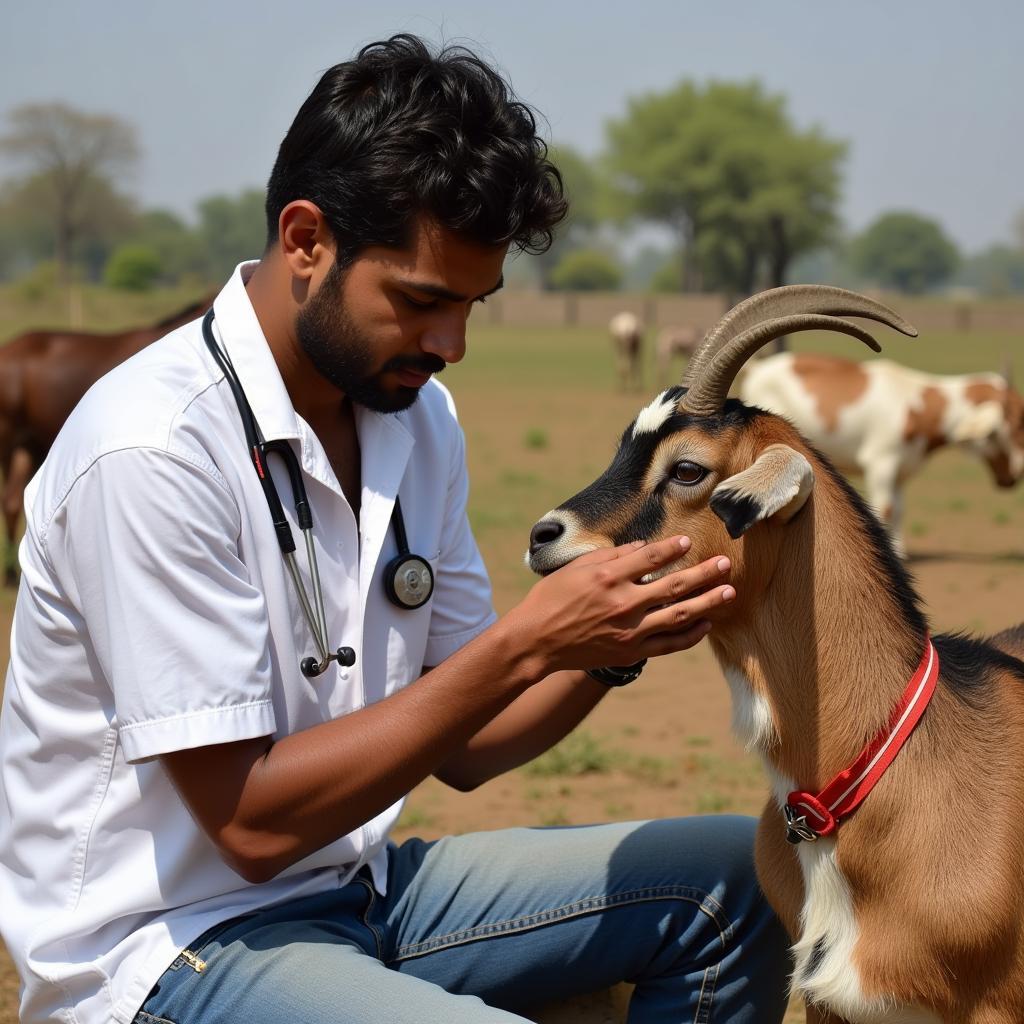African Countries and Their Colonizers: A Complex History
African Countries And Their Colonizers share a complicated and often fraught history. European powers, driven by economic and political ambitions, carved up the continent during the Scramble for Africa, leaving a lasting legacy on its people and nations. Understanding this period is crucial to grasping the complexities of modern Africa.
Colonialism’s impact extended far beyond political control. It reshaped economies, social structures, and cultural landscapes. Resources were exploited, traditional governance systems dismantled, and arbitrary borders drawn, often ignoring existing ethnic and cultural boundaries. This article explores the complex relationship between African countries and their colonizers, delving into the motivations, methods, and consequences of this historical period.
The Scramble for Africa: A Continent Divided
The late 19th century witnessed a rapid escalation of European colonization in Africa, often referred to as the “Scramble for Africa.” Driven by a desire for raw materials, new markets, and strategic advantages, European powers engaged in a frantic race to claim territories. The Berlin Conference of 1884-85 formalized this process, dividing Africa amongst the major European powers with little regard for the existing populations or their established societies. This arbitrary partitioning sowed the seeds of many of the conflicts that plague the continent today.
Motivations Behind Colonization: More Than Just Resources
While the quest for resources like rubber, diamonds, and gold was a significant driver, the motivations behind colonization were multifaceted. European powers also sought to expand their political influence, spread their ideologies, and establish strategic military bases. The prevailing belief in European superiority, often framed in racist terms, provided a convenient justification for their actions.
The impact of colonization varied across the continent. Some regions experienced direct rule, with European administrators implementing policies aimed at assimilation. Others were subjected to indirect rule, where existing local structures were utilized to maintain control. However, regardless of the method, the underlying goal remained the same: to exploit African resources and labor for the benefit of the colonizers.
The Legacy of Colonial Rule: A Continent Transformed
The effects of colonization continue to resonate across Africa today. The imposed borders, the extraction of resources, and the disruption of traditional societies have left lasting scars. Many African nations struggle with political instability, economic inequality, and ethnic tensions, all rooted in the colonial past. Understanding this legacy is essential for navigating the complexities of modern Africa.
African Independence Movements: The Fight for Self-Determination
Despite the oppressive nature of colonial rule, African populations never ceased to resist. Throughout the 20th century, independence movements gained momentum, fueled by a growing desire for self-determination. These movements, often led by charismatic figures who championed African nationalism, challenged the legitimacy of colonial rule and demanded an end to foreign domination. Read more about African independence movements.
The Road to Independence: A Long and Arduous Journey
The path to independence was rarely smooth. Many African nations faced violent struggles and prolonged negotiations before achieving their freedom. The resilience and determination of these movements, however, ultimately led to the dismantling of colonial empires and the emergence of independent African states. For more information on the individuals who spearheaded these movements, see African independence leaders.
Post-Colonial Challenges: Building a New Future
While independence marked a significant turning point, it also brought new challenges. Many African nations faced the daunting task of building new political and economic systems, often with limited resources and infrastructure. The legacy of colonialism continued to cast a long shadow, hindering development and perpetuating inequalities. You can learn more about about poverty in African countries. Additionally, for insights into governance on the continent, see African government facts. And if you’re interested in intellectual capacity across the continent, check out the African country with highest iq.
Conclusion
Understanding the relationship between African countries and their colonizers is crucial for comprehending the complexities of the continent’s past, present, and future. The legacy of colonialism continues to shape African societies, impacting everything from political structures to economic development. By acknowledging and addressing this complex history, African nations can work towards a future free from the lingering effects of colonial rule.
FAQ
-
What was the Scramble for Africa?
The Scramble for Africa refers to the rapid colonization of the African continent by European powers in the late 19th century. -
What were the main motivations behind colonization?
European powers sought resources, markets, strategic advantages, and the expansion of their political influence. -
How did colonization impact Africa?
Colonization led to the exploitation of resources, the disruption of traditional societies, and the imposition of arbitrary borders. -
When did most African countries gain independence?
The majority of African countries gained independence in the mid-20th century. -
What challenges do post-colonial African nations face?
Post-colonial nations often face political instability, economic inequality, and the lingering effects of colonial rule. -
What was the Berlin Conference?
The Berlin Conference of 1884-85 formalized the division of Africa amongst European powers. -
What role did African independence movements play?
Independence movements played a crucial role in challenging colonial rule and achieving self-determination for African nations.
Need assistance? Contact us 24/7: Phone: +255768904061, Email: kaka.mag@gmail.com, Address: Mbarali DC Mawindi, Kangaga, Tanzania.

